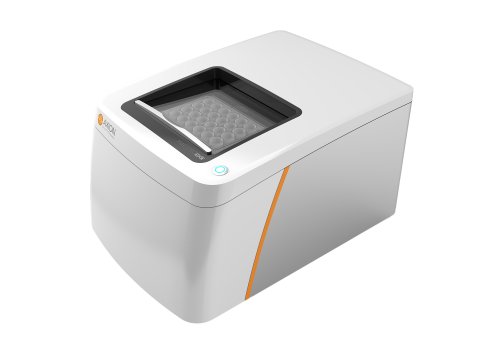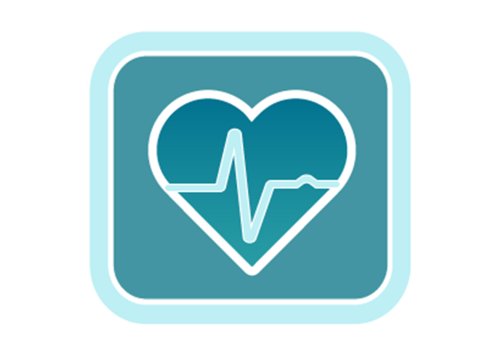Authors: Seul-Gi Lee, Min Woo Kim, Shinhye Park, Jin Seok, Jin Kim, Yoonseo Kim, Hyewon Shin, Youngin Jeong, Jeong Hwan Park, Myeonghee Lee, C-Yoon Kim, and Hyung Min Chung
Biochemical and Biophysical Research Communications, 02 October 2025
Researchers use Maestro MEA to evaluate the cardiotoxicity of torsadogenic compounds in vitro.
Drug-induced cardiac arrhythmias remain a major safety concern in drug development. Even compounds classified as low-risk can subtly affect cardiomyocyte function, underscoring the need for sensitive, human-relevant assays to evaluate cardiotoxicity. In this study, researchers assessed the electrophysiological and mechanical effects of 28 torsadogenic compounds using a microelectrode array (MEA)–based approach.
Using Axion BioSystems noninvasive Maestro Edge MEA platform, the team recorded field potential (FP) waveforms and contractility from human iPSC-derived cardiomyocytes to identify characteristic changes in electrical activity and rhythm. They observed drug-specific alterations in FP duration and shape, as well as arrhythmic events and contractile irregularities that revealed distinct compound profiles.
By combining simultaneous FP and contractility measurements, this work demonstrates how MEA-based cardiotoxicity testing can detect subtle, compound-specific effects that may not be apparent in traditional models—supporting efforts to refine in vitro assays and reduce reliance on animal testing in cardiac safety screening.


